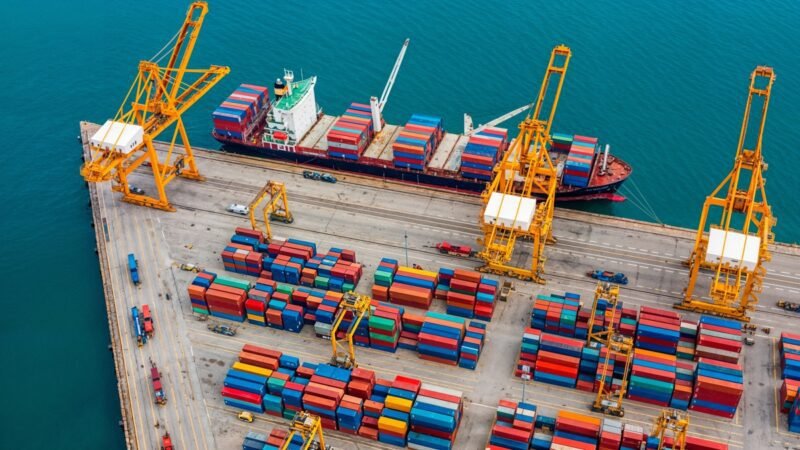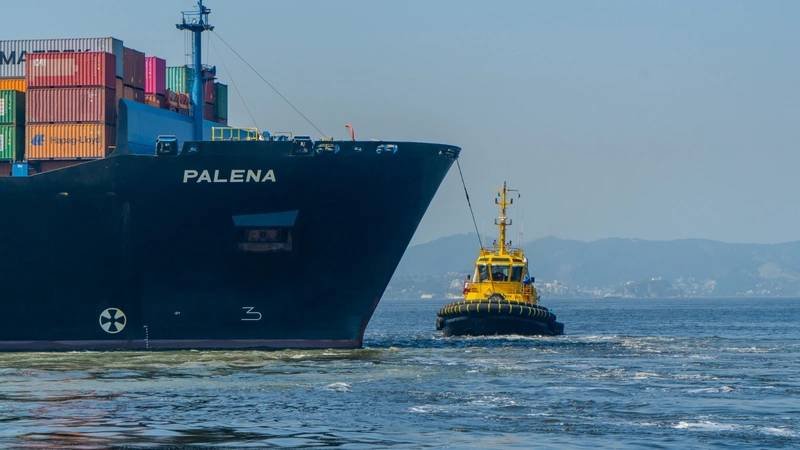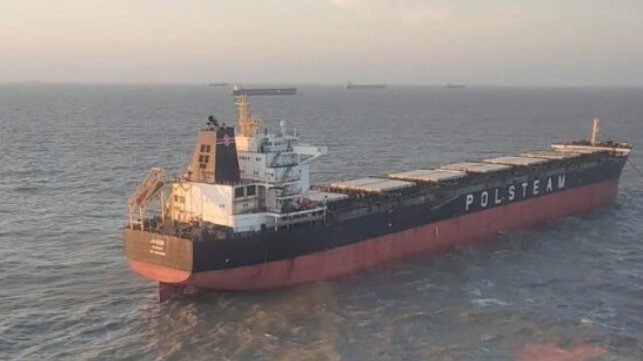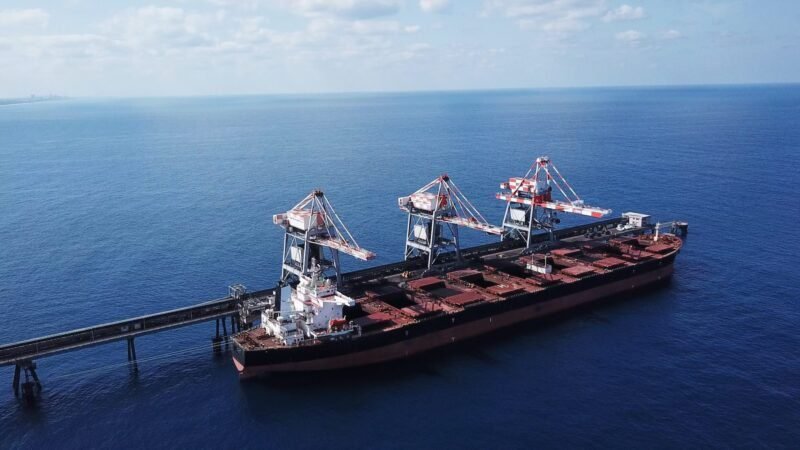Severe flooding in southern Brazil has disrupted road and rail links to a major grain port, causing delays for global grain exporters such as Cargill and Bunge. Trucks carrying grain have had to take alternative routes, adding 400 kilometers to their journey and increasing freight costs. Grain arrivals in Rio Grande have also fallen due to heavy rains affecting the state, a key producer of various agricultural products.
Despite the disruptions, the port authority initially stated that Rio Grande was operating normally, with terminals unaffected by the rising levels of the nearby Laguna dos Patos lagoon. However, the easing current in the port’s approach channel and high water levels have impacted operations. Brazil-based grain traders exported millions of tons of soybeans and soybean meals from Rio Grande in 2023, making it one of the country’s busiest ports for such shipments.
The flooding has highlighted the vulnerability of Brazil’s infrastructure to extreme weather events, such as heavy rains. The disruptions have not only affected the transportation of goods but have also increased costs for exporters. Efforts are underway to mitigate the impact and ensure the flow of agricultural products through the port of Rio Grande, a vital hub for Brazil’s grain exports.

















